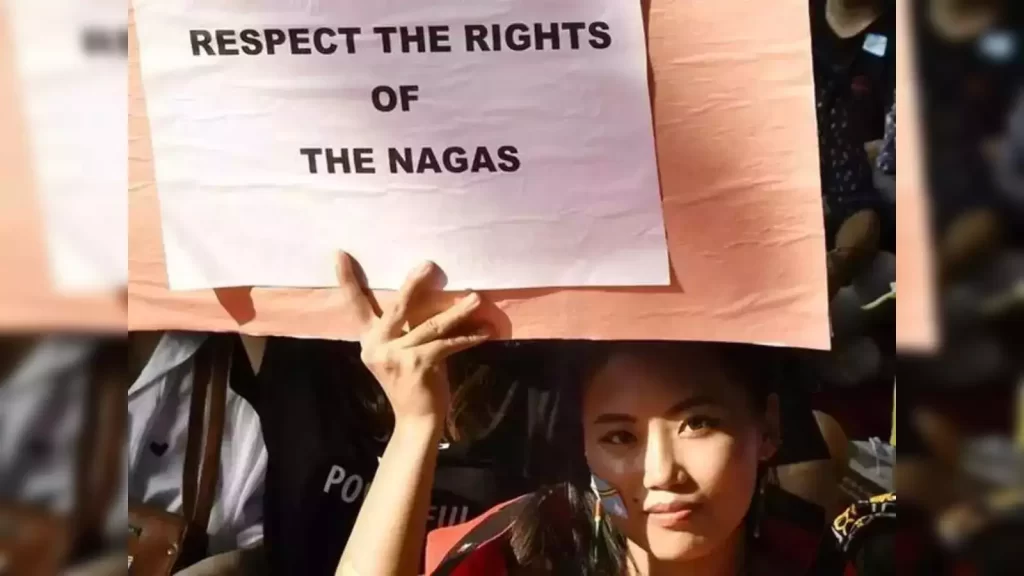As Manipur approaches the 9th General Election, there is a growing concern regarding the political climate in the four hill districts of the region. The debate over linking electoral politics with the Naga issue has led to a polarization of opinions among the people. Similar debates have arisen in the past, notably in 1998 when the Naga Hoho advocated for “Not election but solution.”
The decision to boycott elections in 1998 by the Naga Hoho was seen as a just political directive, aligning with the Naga political problem. The policy led to a non-cooperation movement against Indian electoral politics, raising questions about the democratic rights and the Naga issue. However, despite attempts at unity, there was a significant divide in the compliance with the election boycott among the Nagas.
In the current political landscape, the policy of linking electoral politics with the Naga issue remains a topic of debate. The high interest in elections among the Nagas of Manipur has contributed to this ongoing discussion. Therefore, it is essential to critically question the division of opinions during election seasons.
The debate is further complicated by the distinction between Lok Sabha and State Assembly elections in terms of their political impacts and implications. As the general election in Manipur approaches, leaders and civil society organizations are urged to consider the potential danger of polarization of people if their democratic rights are compromised.
The article delves into Marxist concepts of alienation and Boulding’s “Three Faces of Power,” highlighting the implications and responses to threat power, economic power, and integrative power in social conflicts. It emphasizes the importance of justice, human rights, and freedom in electoral politics and the Naga issue in Manipur’s hill districts.
Ultimately, the article underlines the significance of leaders using legitimate power for the integrative structure of society, as misuse of power and authority against the interest of the people could lead to a loss of legitimacy and public confidence. This would result in negative attitudes and defiance among the people, potentially undermining the democratic process and the Naga issue in Manipur.
Source link

